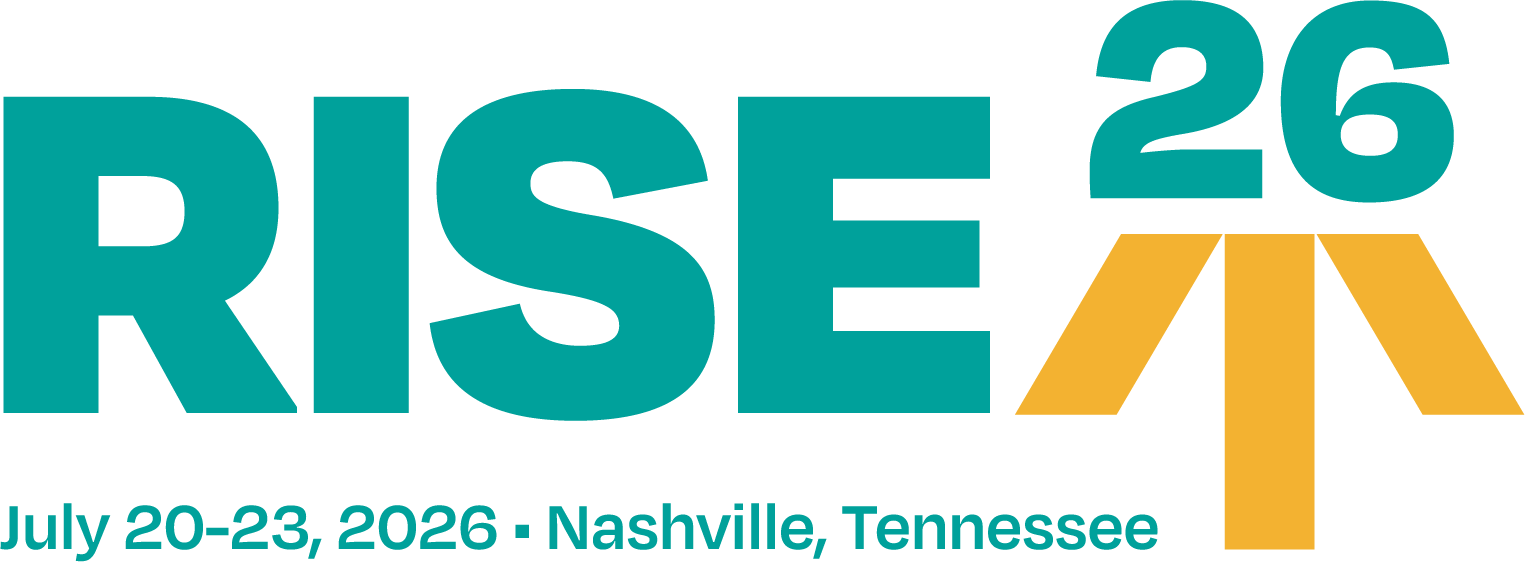Types of Drug Courts
A specially designed court calendar or docket, the purposes of which are to achieve a reduction in recidivism and substance abuse among nonviolent substance abusing offenders and to increase the offenders likelihood of successful habilitation through early, continuous, and intense judicially supervised treatment, mandatory periodic drug testing, community supervision, and use of appropriate sanctions and other rehabilitation services (Bureau of Justice Assistance, 2005).
Veterans Treatment Courts use a hybrid integration of Drug Court and Mental Health Court principles to serve military veterans, and sometimes active-duty personnel. They promote sobriety, recovery, and stability through a coordinated response that involves collaboration with the traditional partners found in Drug Courts and Mental Health Courts, as well as the Department of Veterans Affairs healthcare networks, Veterans Benefits Administration, State Departments of Veterans Affairs, volunteer veteran mentors, and organizations that support veterans and veterans families (Office of National Drug Control Policy, 2010).
A DWI court is a distinct post-conviction court system dedicated to changing the behavior of the alcohol-dependent repeat offender arrested for driving while impaired (DWI). The goal of the DWI court is to protect public safety by using the drug court model to address the root cause of impaired driving: alcohol and other drugs of abuse. Variants of DWI courts include drug courts that also take DWI offenders, which are commonly referred to as hybrid DWI courts or DWI/drug courts. (Loeffler & Huddleston, 2003). DWI courts often enhance their close monitoring of offenders using home and field visits, as well as technological innovations such as Ignition Interlock devices and the SCRAM transdermal alcohol detection device (Harberts & Waters, 2006).
Family dependency treatment court is a juvenile or family court docket of which selected abuse, neglect, and dependency cases are identified where parental substance abuse is a primary factor. Judges, attorneys, child protection services, and treatment personnel unite with the goal of providing safe, nurturing, and permanent homes for children while simultaneously providing parents the necessary support and services to become drug and alcohol abstinent. Family dependency treatment courts aid parents in regaining control of their lives and promote long-term stabilized recovery to enhance the possibility of family reunification within mandatory legal timeframes (Wheeler & Siegerist, 2003).
Federal district drug court is a post-adjudication, cooperative effort of the Court, Probation, Federal Public Defenders, and U.S. Attorneys' Offices to provide a blend of treatment and sanction alternatives to address behavior, rehabilitation and community re-integration for non-violent, substance-abusing offenders. These courts typically incorporate an early-discharge program designed to replace the final year of incarceration with strictly-supervised release into the drug court regimen. The Federal programs incorporate the Ten Key Components in a voluntary, but contractual, program of intense supervision and drug testing lasting a minimum of 1218 months.
A juvenile drug court is a docket within a juvenile court to which selected delinquency cases, and in some instances status offenders, are referred for handling by a designated judge. The youth referred to this docket are identified as having problems with alcohol and/or other drugs Over the course of a year or more, the team meets frequently (often weekly), determining how best to address the substance abuse and related problems of the youth and his or her family that have brought the youth into contact with the justice system. (National Drug Court Institute & National Council of Juvenile and Family Court Judges, 2003, p. 7).
Reentry Courts seek to stabilize returning parolees during the initial phases of their community reintegration by helping them to find jobs,secure housing, remain drug-free and assume familial and personal responsibilities. Following graduation, participants are transferred to traditional parole supervision where they may continue to receive case management services voluntarily through the Reentry Court. The concept of the Reentry Court necessitates considerable cooperation between corrections and local judiciaries, because it requires the coordination of the work of prisons in preparing offenders for release and actively involving community corrections agencies and various community resources in transitioning offenders back into the community through active judicial oversight (Bureau of Justice Assistance, 2010; Hamilton, 2010).
Reentry drug courts utilize the drug court model, as defined in The Key Components, to facilitate the reintegration of drug-involved offenders into communities upon their release from local or state correctional facilities. Reentry drug court participants are provided with specialized ancillary services needed for successful reentry into the community. These are distinct from reentry courts, which do not utilize the drug court model, but work with a similar population (Tauber & Huddleston, 1999).
A Tribal Healing to Wellness Court is a component of the tribal justice system that incorporates and adapts the wellness concept to meet the specific substance abuse needs of each tribal community (Tribal Law & Policy Institute, 2003). The tribal healing to wellness court team includes not only tribal judges, advocates, prosecutors, police officers, educators, and substance abuse and mental health professionals, but also tribal elders and traditional healers. The concept borrows from traditional problem-solving methods utilized since time immemorial [and] utilizes the unique strengths and history of each tribe (Native American Alliance Foundation).
The Back on TRAC clinical justice model adopts the integrated public health-public safety principles and components of the successful Drug Court model and applies them to the college environment. It targets college students whose excessive use of substances has continued despite higher education's best efforts at education, prevention, or treatment and has ultimately created serious consequences for themselves or others. Back on TRAC operates within the confines of existing resources and without interrupting the student's educational process. It unites campus leaders, student development practitioners, treatment providers, and health professionals with their governmental, judicial, and treatment counterparts in the surrounding community. (Monchick & Gehring, 2006).
